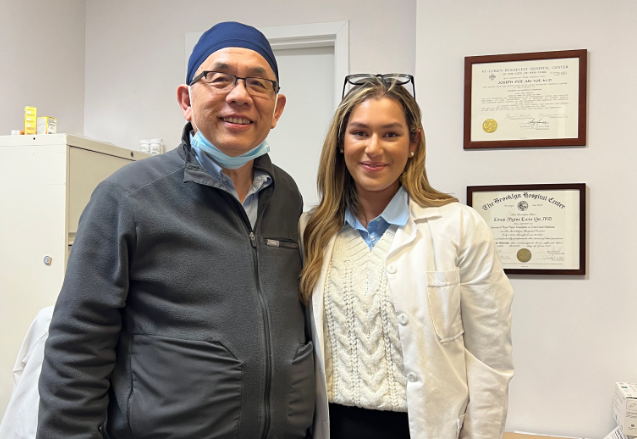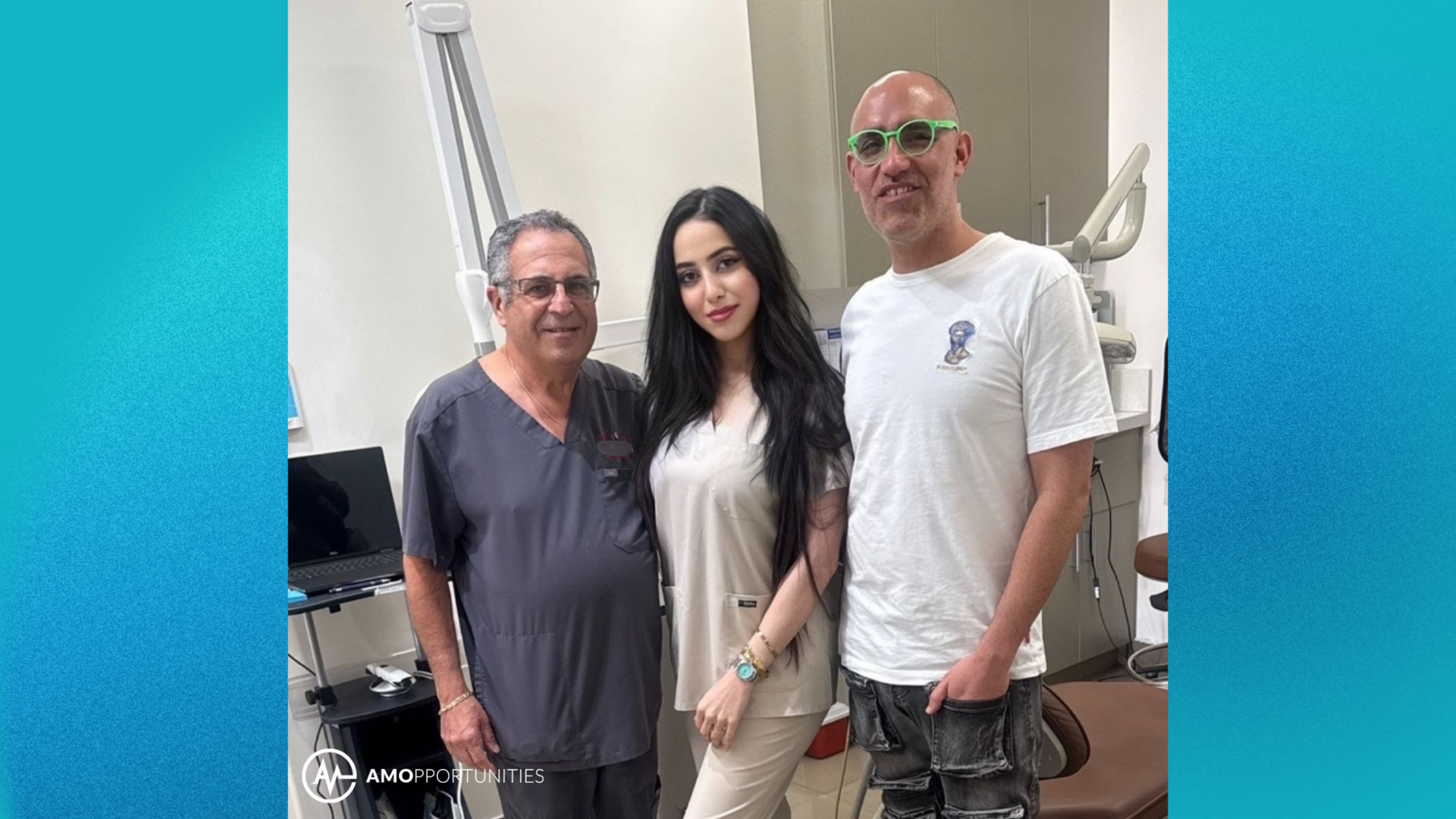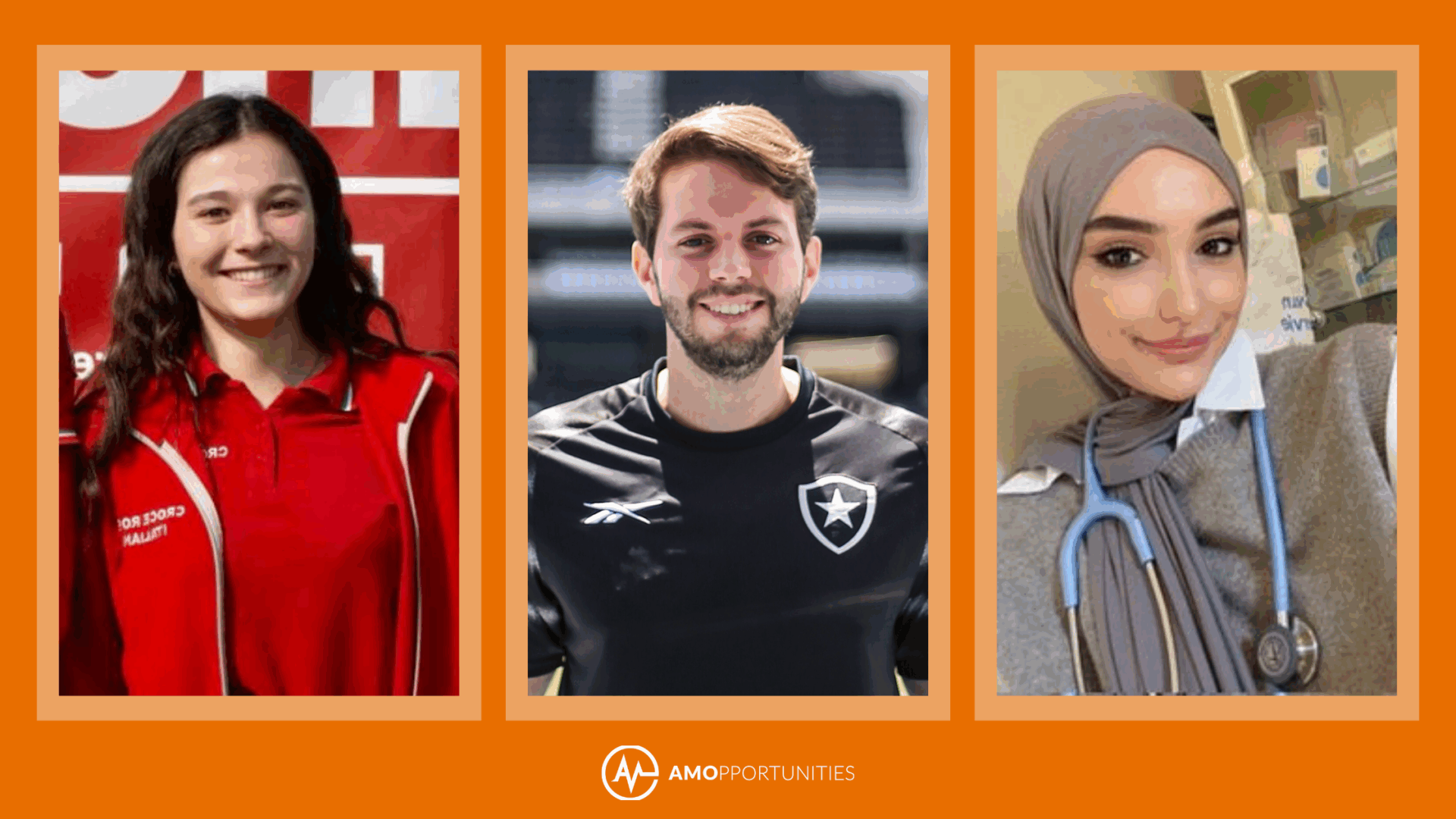Electives are great to use for exploring specialties you might not have a lot of exposure to during medical school. That’s exactly what Arshi used her AMO clinical experience to do.
Read the full story of her New York City haematology rotation below!
Create an account and apply for your clinical experience
Click here to get started!
Exploring Specialties with Electives
Prior to commencing my course in medicine, I did an undergraduate degree in the field of biomedical science at St. George’s University of London (graduated in June 2018). It was here that I initially gained an interest in the physiology and pathology of blood. Undergoing clinical placements at medical school allowed me to develop this interest further in the form of experiences such as the opportunity to observe haematology outpatient clinics as part of my rotation at medical school. I was keen on undertaking an elective in this field and was therefore keen on undertaking this rotation in haematology-oncology clinic in New York City.
An average day involved working up patients and subsequently presenting their case to the consultant. I had the opportunity to see how the clinician employed the use of history taking, examination findings and investigations, such as blood tests and bone marrow biopsies, to diagnose patients. I also got to improve my abilities to perform practical procedures such setting up of infusions lines, drawing blood and cannulating patients under supervision. Wherever possible, the lead consultant always took time to teach and answer any questions. The environment provided was optimised to increase my knowledge in haematology-oncology.
I saw patients with the range of blood disorders, from polycythaemia vera to anaemia to Chronic Myeloid leukaemia (CML). Following the patients journey allowed me to understand and appreciate the unique challenges faced when diagnosing patients with haematological conditions owing to the complex nature of many cases. For instance, many patients were often referred due to underlying anaemia, it was up to the clinician to be able to determine the underlying cause that varied from menorrhagia to colon cancer. Furthermore, throughout this process, it was important to balance patient expectations with what could be offered especially due to the nature of the healthcare system in the United States which meant that an investigation/ treatment could often only be given if granted approval from the health insurance firm.
I had the opportunity to meet several patients with iron deficiency anaemia, the fatigue experienced had a significant impact on their daily lives. Many visited the practice for their weekly iron infusion therapy, many often reported a dramatic improvement in their quality-of-life post treatment. Moreover, I observed the importance of practicing evidence-based medicine to help patient outcomes. For instance, a significant proportion of post-gastric bypass surgical patients would often historically develop complications such as iron deficiency anaemia and Wernicke’s encephalopathy that can be prevented by prophylactically prescribed medication to address this. Alongside this, I got to appreciate the importance of undertaking a thorough medication reviews as many impair the absorption of key elements, such as B12, and may precipitate macrocytic anaemia.
During my time off, I took time to wander the incredible streets of New York City to explore and go sightseeing. This provided me with the ultimate experience to rest and recuperate on weekends and I returned to my rotation, refreshed for the week ahead.
The aim of this elective was to hone further my clinical capabilities in the context of exposure to a health care system unlike the one in which I have been educated to date in the field of haematology-oncology, in the form of this integrated experience that, I believe has helped me develop further as a scholar, scientist, and as a responsible healthcare professional for when I graduate medical school.







Leave A Comment